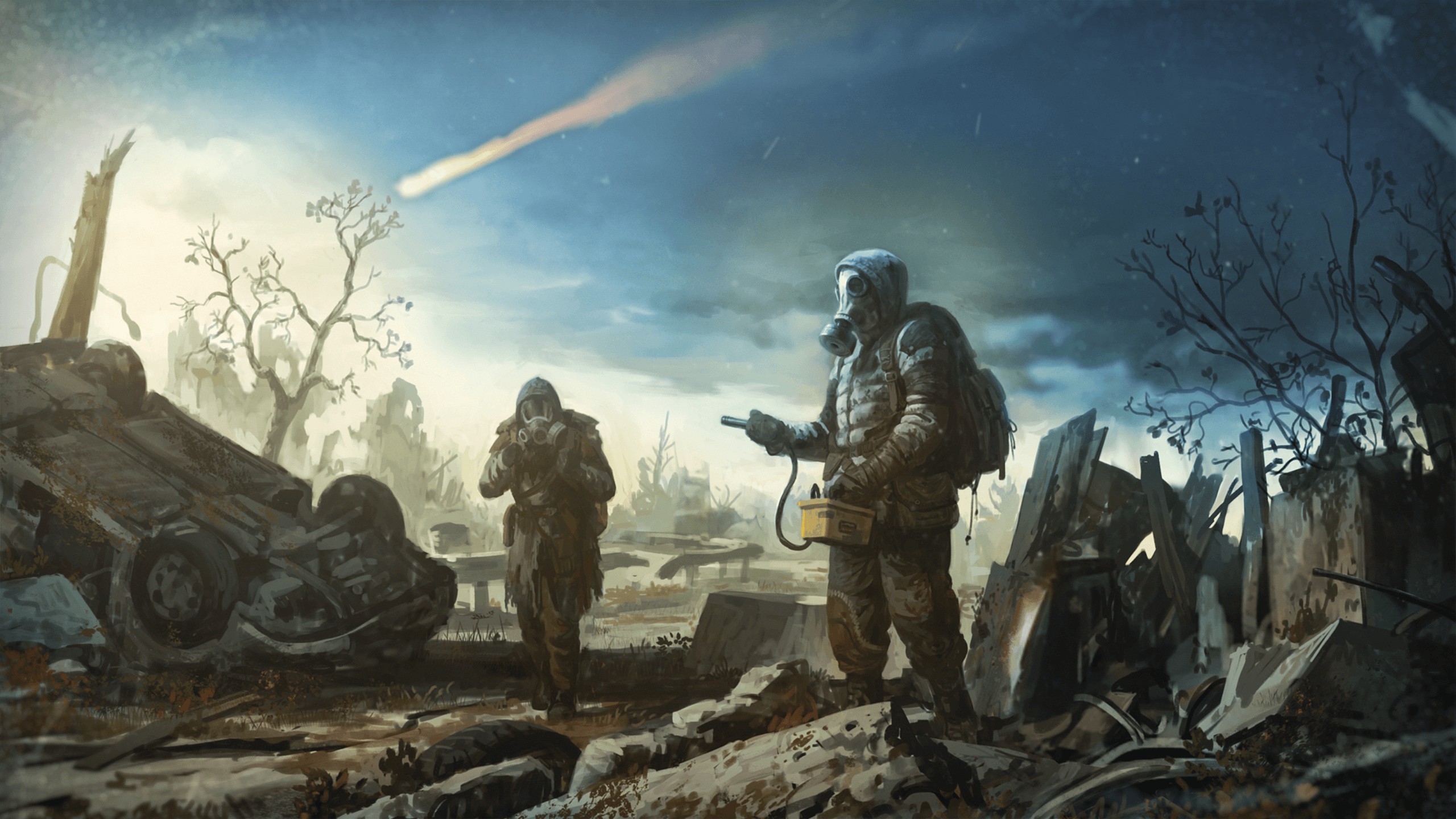

Sleep well, you did the right thing.” almost never help. That *#% had it coming!” or “Don’t sweat this…not a big deal. The officer said that small gesture reassured him that everything was going to be OK and that he had the support of his brother and sister troopers.Īs the fellow officer of someone who has been in an OIS, it’s important to check what you say. The most supportive: A backup trooper quietly put his hand on his shoulder in a half hug…a move that comforted him greatly. Not, ‘Are you OK?’ Just a question about the hat. The least supportive: A supervisor walked up to him and asked, “Did you have your hat on?” Those were literally his first words to this officer. In Chuck Remsberg’s book, Blood Lessons, an officer-involved in a major traumatic incident shared what he felt was the most supportive thing a fellow officer did for him after his incident and the least supportive. Watch the little things that can make a big difference. Here are a few things to keep in mind that can help reduce trauma after an OIS. That tension doesn’t stop after the smoke clears.

In the next section of this guide, we'll talk about handling the world map and events.A shooting incident is extraordinarily tense in a multitude of ways. Build stores as needed, and prepare for events as you explore the rest of your area with your specialists for the first couple in-game days. This will be your best source for a while, so make sure the efficiency is at or near 100%.įrom Here, you need to focus on keeping your resources coming in and your food/water supply/demand balanced. Set a work area for the stockpile at some planks/concrete that are in a nearby clusterĪssign someone to the trapper, and move the work area to a more suitable area (forested, no pollution)Īssign a worker to build a water collector for an increased +14 water production. This will allow you to see more of the immediate area and give you an opportunity for the best possible campsite placement. (More on that later)įirst thing you need to do is select each of your specialists and then right-click somewhere in the fog of war, but nearby the explored area.

These characters are able to explore the area around your colony, fight off wild animals, and keep your colonists safe while also being able to explore the world map. These characters, called "Specialists" are very unique in their skillset, being able to explore unknown territory, expand your colony, and fight off invaders/hunt animals for food simgle-handedly. Starting out, you will have a few characters to move around. Good luck in your first experience with Surviving the Aftermath. If you followed the instructions above, you will have exactly 33% difficulty, a well-rounded group of specialists, and a colony name/flag that suits you. Don't worry here, just pick a color and icon you like! Good for routing out bandits, or simply getting additional research if Platy is busy. She's a fighter, and also maintains a 30% boost to scavenging and +200 to research. You want a scout because getting 7 AP on a specialist is a godsend. He's the better of the two given scouts (the other being Jin) if only for his +5 HP recovery over her while in the colony. Use her anytime you've got research to recover on the map, or a valuable resource. Just keep her away from fights, as her slow recovery speed and attack damage make her extremely fragile. Her bio makes her sound insane, but she is actually stupidly overpowered in scavenging/research.
Surviving the aftermath assign workers free#
Feel free to read into each specialist more and see what you think! I've listed a few of the ones I feel are best for an all-around beginner here. These specialists all have different traits and abilities. Option 3 will not help most new players as the world map is something often overlooked in people's introductory runs. If you find resources aren't that hard for you to manage, just stick with option 1.

The difference is whether you value colony durability or resource efficiency better. When you are looking at ideology, just make a decision between 1 and 2. Just get your feet wet, and see what can come of it. Don't worry, the game will be challenging enough. Just select The first option for Environment, Catastrophes, and Resources.This will result in a difficulty level of 25% before getting to ideology. While each of them are interesting in their own way, they affect the difficulty of the game greatly, so here is what you need to know: There's a simple thing to remember when going through your first several options while building a colony.


 0 kommentar(er)
0 kommentar(er)
